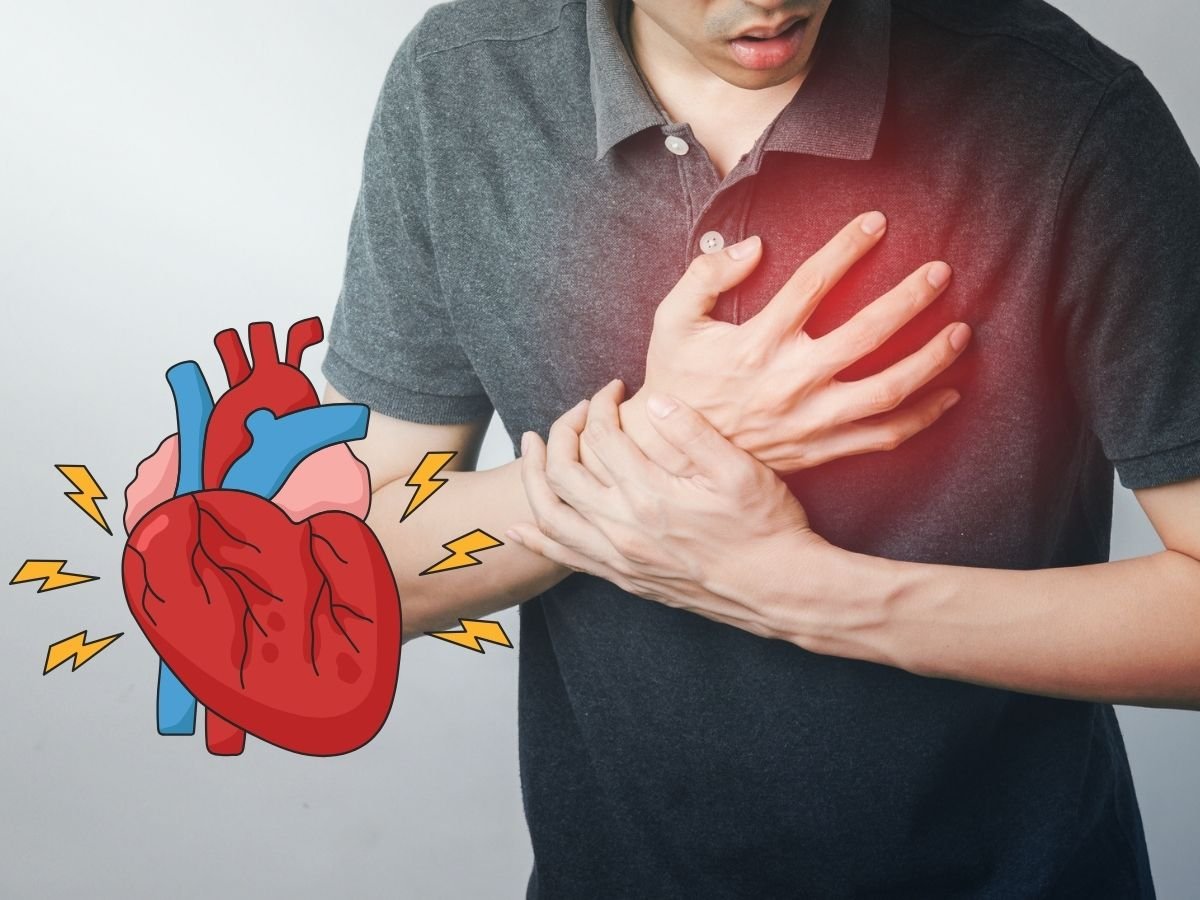New Delhi, 07 June 2025: Heart attacks rarely strike out of the blue. In fact, your body may start showing subtle signs up to a month in advance—long before the actual cardiac event occurs. Unfortunately, many people ignore these symptoms or mistake them for minor health issues like indigestion, fatigue, or anxiety.
With cardiovascular disease remaining the leading cause of death globally, it’s crucial to recognise these early warnings and act fast. Here’s a detailed look at 7 signs of a heart attack that could appear a month before, and what you should do if you experience them.
Why Early Detection Matters
Heart attacks (also called myocardial infarctions) occur when the blood flow to a part of the heart is blocked, usually by a blood clot or plaque buildup. Catching the warning signs early can allow doctors to intervene before major damage is done.
Ignoring the signs may lead to irreversible heart muscle damage—or even death. The earlier you act, the better your chances of survival and recovery.
1. Unusual Fatigue
One of the most common early signs, especially in women, is unexplained and persistent fatigue. You may feel unusually tired even after adequate rest or find simple tasks like walking up stairs or carrying groceries more exhausting than usual.
2. Chest Discomfort (Even Mild)
Chest pain is the classic symptom of a heart attack, but it can appear much earlier in milder forms. It might feel like:
- A dull ache
- Pressure or heaviness
- Burning (mistaken for heartburn)
- Tightness or squeezing
When to worry:
If the discomfort lasts more than a few minutes or comes and goes, especially during activity or stress, it may be a sign of a blocked artery.
3. Shortness of Breath
If you’re suddenly gasping for air while doing normal activities like walking or talking, it could be due to reduced heart efficiency.
This happens because the heart struggles to pump enough blood, causing fluid buildup in the lungs.
4. Sleep Disturbances
According to studies, many people experience trouble sleeping in the weeks leading up to a heart attack. You may feel:
- Restless at night
- Trouble falling or staying asleep
- Waking up feeling anxious or short of breath
This could be linked to reduced oxygen levels or stress hormones affecting the cardiovascular system.
5. Jaw, Neck, Shoulder, or Back Pain
Referred pain is a hallmark of heart-related issues, especially in women. Instead of chest pain, you may feel aching or tightness in:
- Jaw or throat
- Upper back or between shoulder blades
- Shoulders or arms (especially left side)
Pain can be dull or sharp and may come and go. If it occurs during physical exertion and improves with rest, it’s more likely heart-related.
Heart attacks don’t always come with a dramatic collapse. Often, the body whispers before it screams. Listening to those whispers — whether it’s unexplained fatigue, mild chest pressure, or sleep changes — could save your life.
Recognising these 7 early signs of a heart attack and acting fast can lead to early diagnosis, timely treatment, and better outcomes. When in doubt, seek medical help — because your heart health is worth it.







